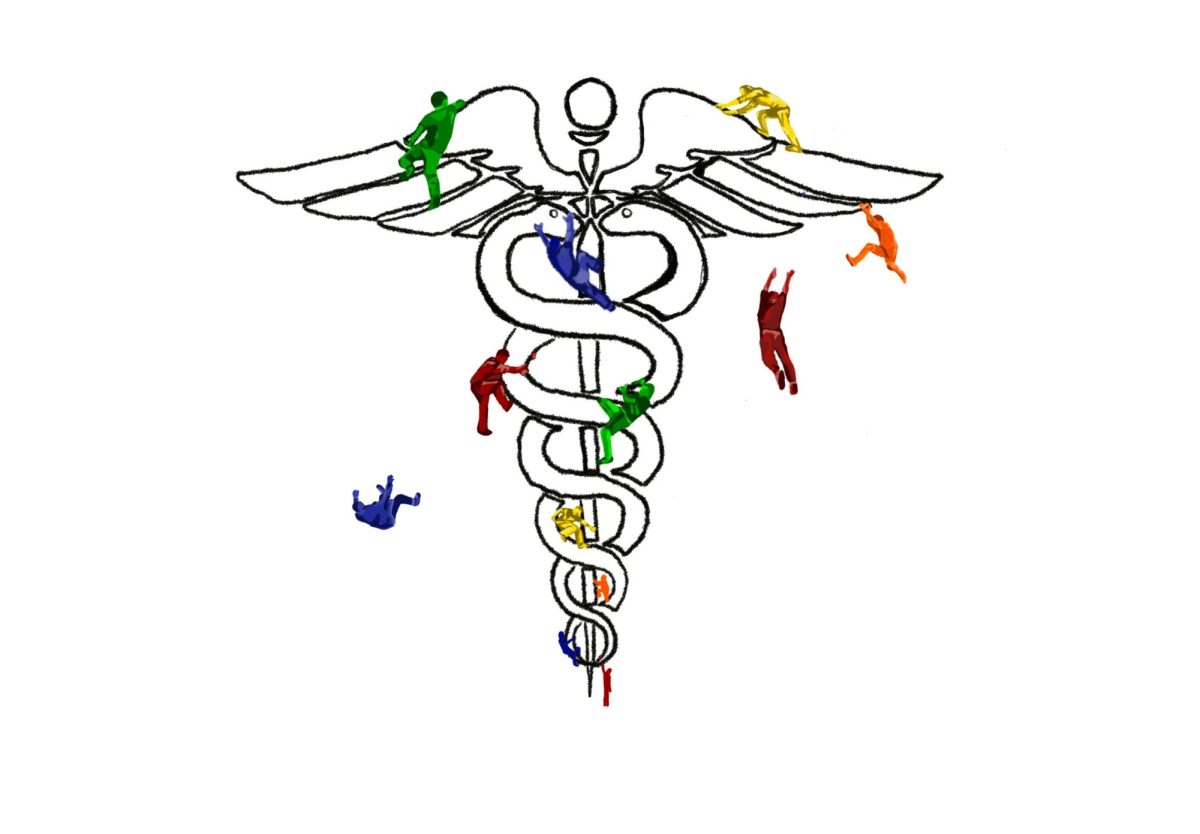Most students come to the U of C because they want to be part of a community where intellectual exchange is a significant part of daily life. It is this basic commitment to education—education as something more than just a diploma—that gives the University its distinctive character.
With that in mind, we should seriously consider the possibility that some attitudes and practices at the U of C are actually detrimental to the goal of giving students the best possible education.
Most students at the U of C face a tradeoff: They can focus totally on schoolwork, do all of their reading, and aim for top grades—or they can prioritize other things over grades. Only students who decide to do the latter can fully participate in the other educational opportunities of campus life: the extracurricular activities, the long conversations in the dining hall, the cultivation of relationships, and the guest lectures and workshops, to name a few. Each of these is educational, but each also takes time away from schoolwork.
One proposal that could correct the imbalances encouraged by the current system is that espoused by St. John’s College and Yale Law School: These schools have abolished traditional grading practices. The College should follow suit, replacing A–F grades with personal written and oral evaluations.
By refusing to release class rankings, the University has already set a precedent in this area and demonstrated an awareness that arbitrary measures of students’ comparative performance can be counterproductive. My educational experience and objectives have been, and ought to be, entirely different than those of my neighbor. What would it mean, then, to set us side by side and give one of us a higher “ranking” than the other?
The same logic applies to grades. The difficulty of being a U of C student varies widely across disciplines and individuals. Let’s face it: Humanities and social sciences students have an easier time at the U of C than pre-meds. And student grades are affected by much more than understanding of, or engagement with, course material.
Grades are affected by individual preferences and study habits; by participation or non-participation in extracurricular activities; by the difficulty of individual classes; by the decision to take a full course load, an advanced foreign language, or graduate-level courses; by variation in the need and desire of students to spend time with friends and family; by the decision to read widely and explore interests outside of the traditional curriculum; and by an individual student’s overall well-being and mental health.
In other words, grades are highly arbitrary. They are not particularly useful indicators of a student’s knowledge of a subject-area, intellectual curiosity, ability to succeed after college, or ability to think and write critically.
While grades in some science, math, and foreign language courses may objectively measure a student’s understanding of course material, the same cannot be said of courses in the humanities and social sciences. An undergraduate lecture course with over 100 students might have four separate T.A.s grading student essays and short-answer responses, for example. Is it believable that all four would give the same grade to an essay?
What’s more, there is a fundamental difference between working for the sake of mastery of a set of material and working for the sake of high grades. The first taps students’ innate curiosity and desire to learn, and understanding itself becomes the reward. The second taps students’ academic competitiveness and fear of failure, crowding out the reward of understanding with the reward of professorial, parental, or societal approval.
Alfie Kohn, a leading advocate of progressive education, argues that a focus on grades destroys students’ curiosity and natural desire to discover and understand; furthermore, he argues, it promotes cheating and corner-cutting, and it discourages intellectual risk-taking. “Grades,” Kohn writes, “…are just the most common manifestation of a broader tendency on the part of schools to value product more than process, results more than discovery, achievement more than learning.”
Is it the role of the University to serve as a sorting mechanism for the economy, or to give students the best education possible? Grades are a shortcut for professors and a “one-stop shop” for potential employers. But the idea that meaningful feedback about a student’s performance can be reduced to a single letter is preposterous. Grades introduce a high degree of subjectivity and chance into the evaluation process, they unfairly and arbitrarily compare students across disciplines and interests, and they often cheat students out of the sort of response from professors that might actually help them learn and improve.
Ryan McCarl, a member of the Maroon Editorial Board, is an M.A. student in international relations. His column appears every other Tuesday.








